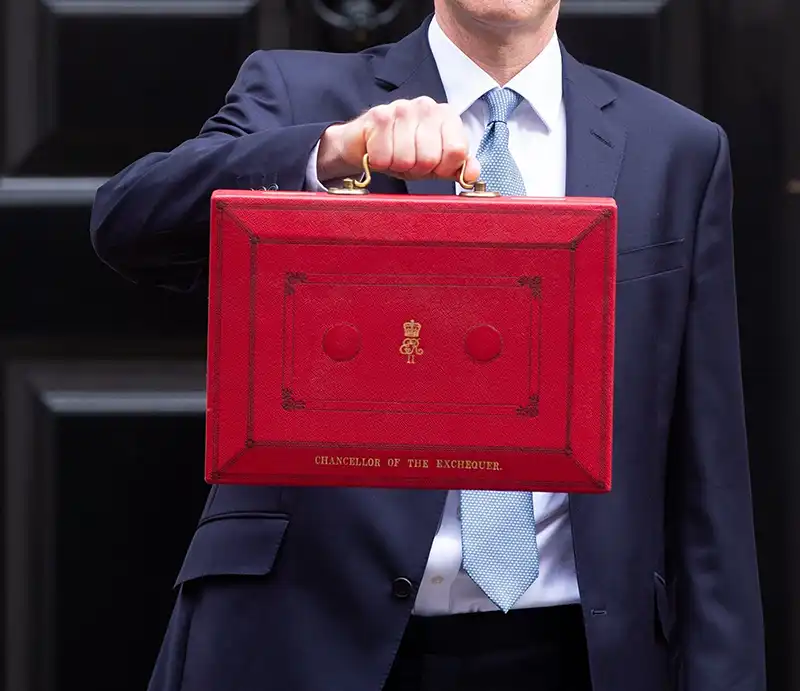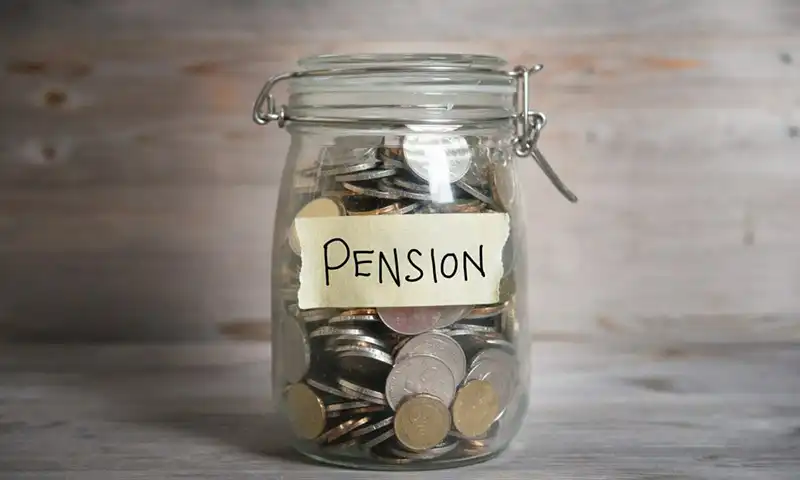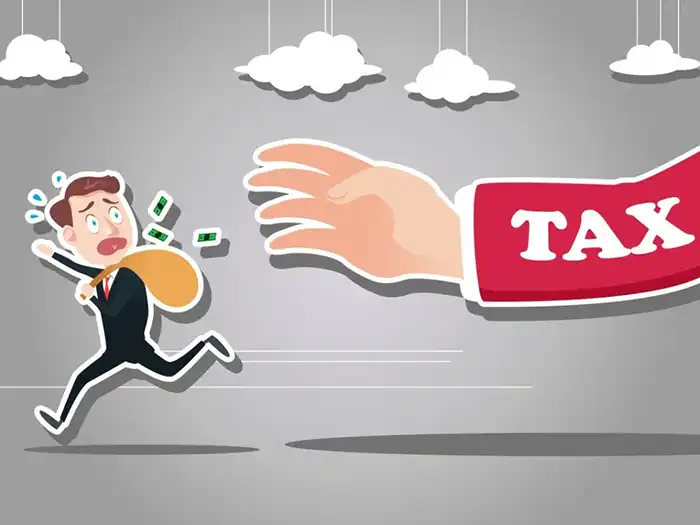The Importance of Knowing Your UK Trading Status: What You Need to Know

So what is a trading status?
Okay, so you’ve done the hard part. You’ve had the idea, proven the concept and taken the first few steps and are ready to launch your business. But now what? Jacksons Accountants in Mansfield and Sheffield are more than happy to help with a free, no obligation consultation for your business. But first, read on…
If you’re looking into starting a business (or have already started), you may be wondering what type of business you want to have (or already have). This is known as your “Trading Status.” This will affect when and how to inform the taxman of your new venture. However, the first step in becoming a registered business, is to figure out what your trading status is. Some examples of a trading status are; Sole Trader, Limited Company, and a Partnership.
It’s worth pointing out that the consequences of this decision could be expensive as it determines the type of tax you pay, the extent of your legal and civil obligations and how public your personal data is. If you are in the very early stages of a business or you’re just starting out and working out of your back bedroom on a shoestring budget, in the early stages of generating turnover for your product or service, then this may be one of the last things you’re thinking about… but you should be thinking about it.
Why you might ask? What’s the big deal? Well, to start with, it is important to know your legal rights and obligations so you can make an informed decision. One of the first things that people think about when starting a business is, “How much tax will I pay?”, yet the answer lies in your trading status. You can change your trading status as your business grows and there are a number of different business types available to you, some more complex than others. As you become an established, successful business, you will definitely need to think about the best trading status for you.
What do I need to consider?
Key differences around the different types of trading status are listed below;
Ownership – Who owns your company? A simple question with many answers.
As the name suggests, if you are a sole trader, you are the only owner of the business. Technically, you and your company are the same thing. However, a partnership can be shared among many different individuals and a limited company can be owned by 1 or more people or even by other limited companies!
By understanding this first point, this will allow you to determine who holds liability and the type of tax that you and your business will pay.
Liability – This is a big one. Let’s say that you are a painter and decorator and you spill a bucket of magnolia paint onto a customer’s prized collection of antique teapots, effectively ruining them. A courtroom later finds you at fault (meaning it wasn’t an accident but because you were careless.) You are told to pay damages of £100,000 to this teapot connoisseur, but who pays; you or your company? In essence, who is liable?
As mentioned already, a sole trader and his business are one and the same. So, any liability the company has, so too does the individual. This can be problematic for people who take out loans that they cannot afford to repay or who work in a litigious industry. This can result in personal bankruptcy, which is certainly not ideal. Many people opt to take out liability insurance to cover themselves (and some industries require it as standard) which can alleviate some worries the individual has.
Likewise with a partnership, everyone connected to the business will be held liable, which is why it is important to have a legal agreement in place with other partners in the company, even if you trust them.
It is for this reason that many people opt for a limited company. A limited company is considered a separate legal entity to the owners. Owners hold what are known as “shares” in the business, which is their stake. They are run and managed by company directors, who are also typically the owners. As the name implies the owners of the company have a limited liability. The beauty of this is that you as an individual only stand to lose the money you have invested into the company.
Let’s say that the painter and decorator works through his limited company, his company cannot afford to pay the damages and goes under. Not the best outcome for the company, sure, but the owner does not carry on the burden of the debt, assuming he was a responsible company director.
However, it is worth taking into account that with a limited company, there is a greater administrative burden and additional costs that a sole trader and partnership may not incur. Furthermore, there are a number of legal obligations that directors must adhere to as part of the Companies Act.
There is also a type of company known as a limited liability partnership, which is a sort of merger between a partnership and a limited company. So you get the benefits of a partnership with limited liability.
Type of Tax – Corporation tax, income tax, national insurance, dividend tax. So many different types of tax. Who pays what? Again, this ties back to the point on ownership. If the company and the individual(s) are one and the same, then they are taxed through their personal income. Therefore, they will pay income tax and national insurance.
However, a limited company will pay corporation tax as it is a separate legal entity and not an individual.
The rates of tax vary depending upon income brackets, personal allowances and a whole boatload of government legislation.
Tax for an individual ranges from 20-45%.
Corporation tax is from 19-25%.
A key consideration that is often overlooked by new business owners is that a limited company may be owned by one or two directors but that does not entitle the owners to the money held in the business. If an owner of a business wants to take money from their limited company, then they must do it via legal means. This is typically via a salary or dividends or a combination of the two. Also, if a company employs someone or offers certain benefits to an employee (including an owner,) such as a company car, then there may be more taxes due from both the company and the individual in the form of national insurance. Want to find out more info on individual taxes and company taxes, click on the links.
This therefore exposes the owner of a limited company to a combination of corporation tax, income tax, national insurance and dividend tax, and that’s before we even talk about value added tax (VAT).
It can be quite the minefield, so it’s best to check with an accountant for the best way forward for you.
Changing your trading status
It is very easy to go from being a sole trader to a partnership or limited company. You can register your limited company here for just £12. It is often considered a natural progression as your business grows. However, if you want to change from a limited company to another form, this can be very tricky. The issue is that the company needs to satisfy all its obligations before it can cease to exist. There is a number of administrative and legal burdens upon a company that need to be satisfied. There will also be tax implications to consider if the company decides to pay its surplus cash to the owners or if the owners are owed money by the business.
Summary
The trading status of a company has wide-reaching consequences for the owner and the taxman. The decision essentially lies with the business owner but it may be worth seeking the help of an accountant so that you can feel confident in your decision. Jacksons Accountants are here to help and we’re proud to serve Mansfield, Sheffield and the whole of the UK.
The table below summarises the key differences between the three main types of companies.
| Ownership | Liability | Types of tax | Changing Status | |
| Sole Trader | One owner – considered one and the same. | Unlimited – all debts and obligations of the business are the responsibility of the owner | Income tax and national insurance | Easy to change to Partnership or Limited Company |
| Partnership | From two to many owners – considered one and the same. | Unlimited – all debts and obligations of the business are the responsibility of the owners (often jointly and severally). | Income tax and national insurance | Easy to change to a Limited company or sole trader |
| Limited Company | From one to many owners, including other limited companies – considered separate legal entities. | Limited – the owner is only set to lose the amount invested into the business. | Corporation tax and national insurance to a lesser degree. | Difficult to change to become a sole trader or partnership |
If you would like to discuss your needs in greater depth, why not get in touch for a free, no obligation consultation.
Looking for an Accountant?
Contact us for accounting support! Simply fill out the form below, and our team of qualified accountants will be in touch with you soon.

















